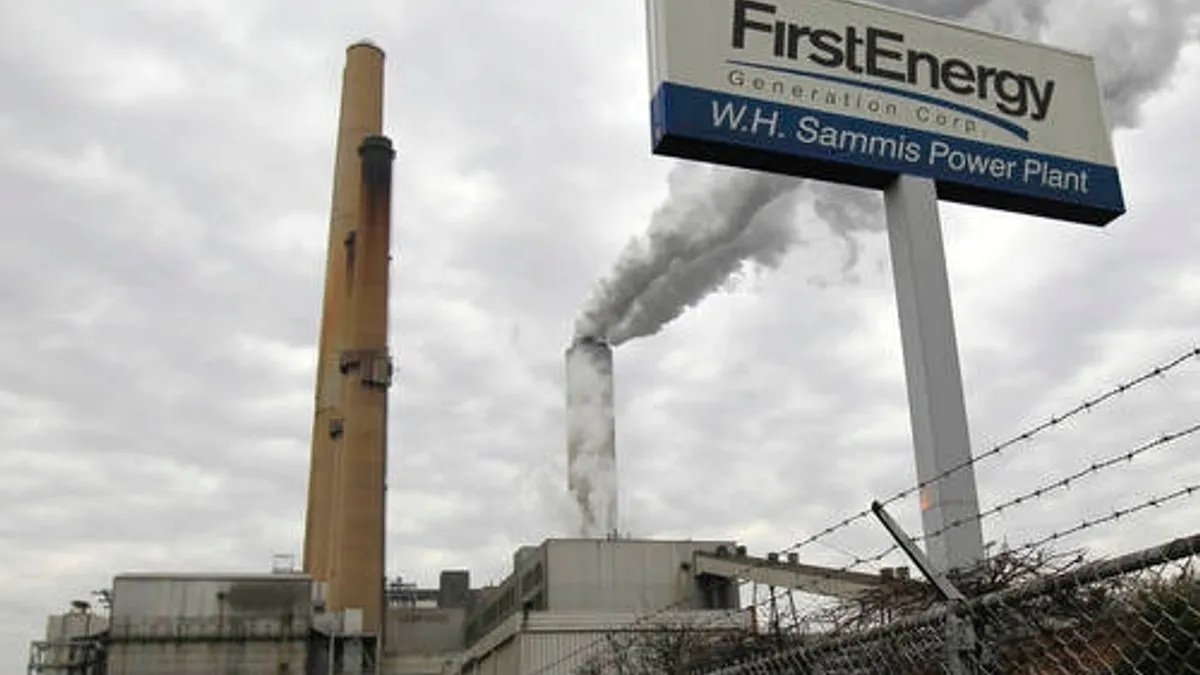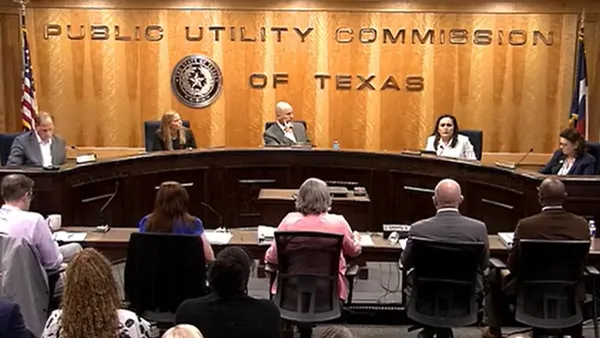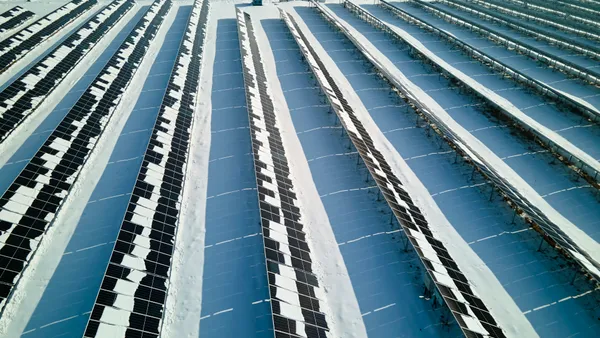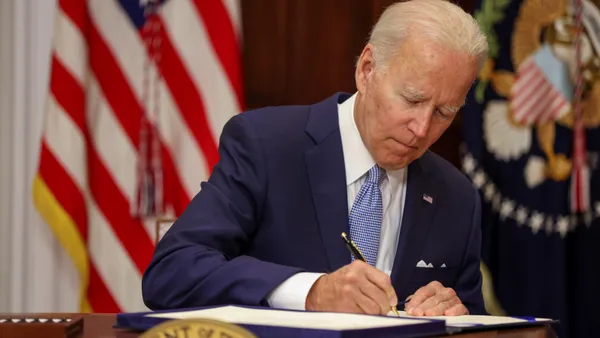Dive Brief:
- "This is the longest period of economic stagnation I’ve seen in my 40 years in the industry," FirstEnergy CEO Anthony Alexander told an audience at a U.S. Chamber of Commerce event. But the challenges of "government interference in the electric business are far more intrusive and disruptive" than tough economic conditions, he said.
- "Government policy is now aimed at stifling the growth and use of electricity – and picking winners and losers in the competitive marketplace," Alexander said. Energy efficiency, renewable power, distributed generation, microgrids, rooftop solar and demand-side management all "sound good," Alexander said, but "they are not substitutes for what has worked."
- In particular, Alexander criticized renewable portfolio standards, energy efficiency mandates, production tax credits and new regulations from the Environmental Protection Agency (EPA). "These policies [...] are designed to achieve a social agenda that has little, if anything, to do with maintaining electric service, and they are shifting the fixed costs of the system to customers who can least afford it and are undermining our nation's competitive position," he said.
Dive Insight:
Alexander believes demand for electricity is tied to the state of the economy. "Electricity is fundamental to expansion – without it, the economy cannot grow," he said. This was common wisdom during the recession, but utilities have seen little or no demand growth during the recovery, either.
The nation's power supply resources were a focus for Alexander. "Quite frankly, I believe state and federal policymakers are manipulating the supply and demand, and distorting markets for electricity, to further advance the 'war on coal,'" he said. Alexander touted natural gas as a "new abundant resource to produce electricity – but more important, to stimulate our economy."
Alexander noted that the Polar Vortex brought many of these issues to the fore. "The lesson learned should be obvious: We need to maintain a diverse fleet – including real generating assets such as coal, nuclear and natural gas – to ensure reliable, affordable service over the long term," he said.













